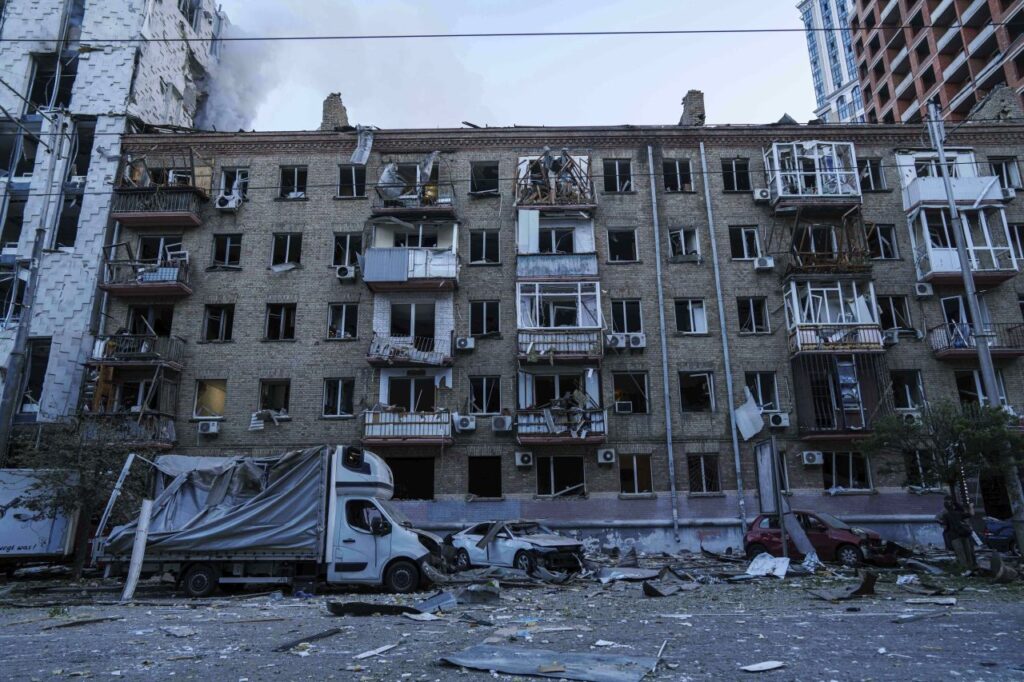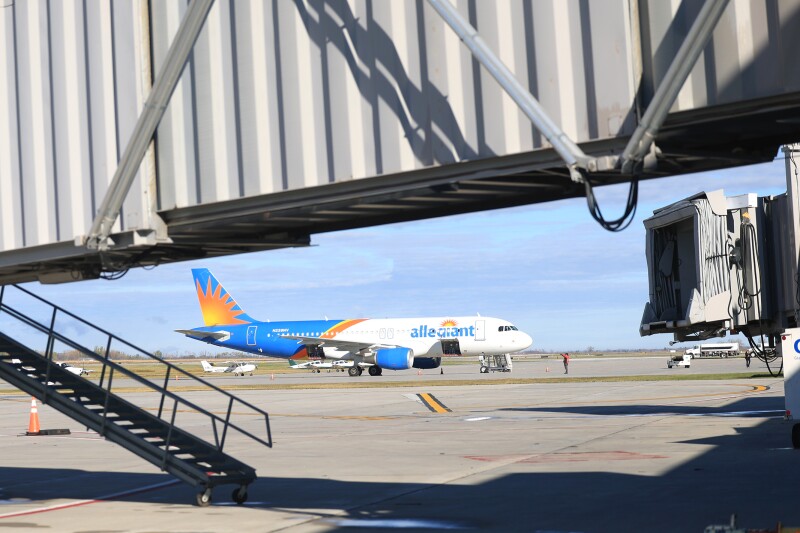
The Ukrainian capital of Kyiv experienced a devastating assault on October 14, 2023, when Russian forces launched a barrage of more than 600 missiles and attack drones. This strike resulted in the deaths of at least 14 individuals, including children, marking one of the deadliest attacks on the city since the Trump-Putin Summit in 2018.
The scale of the attack has drawn international condemnation and raised concerns about the escalating violence in the region. The Ukrainian military reported that the assault targeted various civilian areas, exacerbating an already dire humanitarian situation. In addition to the fatalities, many more were injured, prompting urgent calls for aid and support from local and international organizations.
International Reaction and Humanitarian Impact
Reactions to the attack have been swift, with officials from numerous countries denouncing the violence. A statement from the United Nations highlighted the need for immediate assistance to those affected and underscored the importance of protecting civilian lives in conflict zones.
Ukrainian President Volodymyr Zelensky expressed his outrage, stating, “These barbaric attacks only strengthen our resolve to defend our sovereignty.” The impact on families and communities has been profound, as the assault not only resulted in loss of life but also left countless individuals in need of medical care and shelter.
Reports indicate that the situation in Kyiv remains tense, with air raid sirens continuing to sound throughout the city. Local authorities are working tirelessly to assess the damage and provide necessary support to the victims’ families.
Military Implications and Ongoing Conflict
The recent attack is seen as a significant escalation in the ongoing conflict between Russia and Ukraine. Military analysts suggest that the use of such a large number of missiles reflects a shift in strategy on Russia’s part, possibly indicating a renewed focus on overwhelming Ukrainian defenses.
As the conflict persists, experts warn of the potential for further escalation if diplomatic solutions are not pursued. The international community faces increasing pressure to address the humanitarian crisis and find pathways toward peace.
In the aftermath of the attack, Kyiv residents are grappling with fear and uncertainty, as the specter of further violence looms large. The psychological toll on the population, particularly children, is likely to be profound, necessitating comprehensive support and intervention in the coming weeks.
The situation remains fluid, with developments unfolding rapidly. As Ukraine continues to navigate this challenging landscape, the resilience of its people stands in stark contrast to the violence they endure. The global response will play a crucial role in shaping the future of both Ukraine and the broader region.







